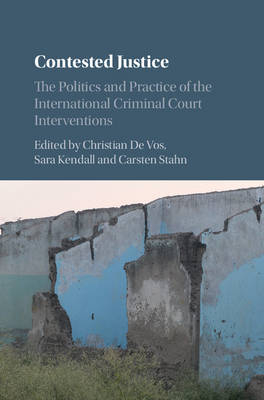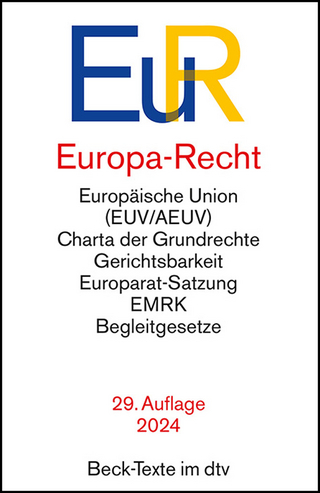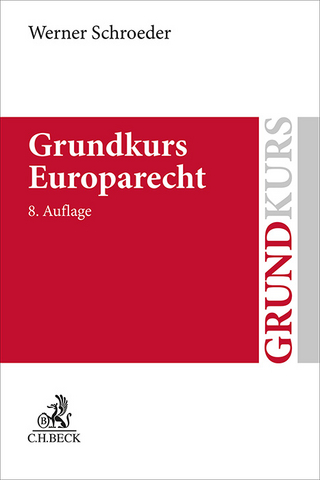
Contested Justice
Cambridge University Press (Verlag)
978-1-107-07653-2 (ISBN)
The International Criminal Court emerged in the early twenty-first century as an ambitious and permanent institution with a mandate to address mass atrocity crimes such as genocide and crimes against humanity. Although designed to exercise jurisdiction only in instances where states do not pursue these crimes themselves (and are unwilling or unable to do so), the Court's interventions, particularly in African states, have raised questions about the social value of its work and its political dimensions and effects. Bringing together scholars and practitioners who specialise on the ICC, this collection offers a diverse account of its interventions: from investigations to trials and from the Court's Hague-based centre to the networks of actors who sustain its activities. Exploring connections with transitional justice and international relations, and drawing upon critical insights from the interpretive social sciences, it offers a novel perspective on the ICC's work. This title is also available as Open Access.
Christian De Vos is an advocacy officer with the Open Society Justice Initiative. Sara Kendall is a lecturer in international law at the University of Kent, Canterbury. She also co-directs Kent Law School's Centre for Critical International Law. Carsten Stahn is Chair of International Criminal Law and Global Justice at Leiden University and Programme Director of the Grotius Centre for International Studies, The Hague.
Foreword Ruti G. Teitel; Introduction Christian M. De Vos, Sara Kendall and Carsten Stahn; Part I. Law's Shape and Place: 1. In whose name? The ICC and the search for constituency Frédéric Mégret; 2. The ICC and conceptions of the 'local' Carsten Stahn; 3. The global as local: the limits and possibilities of integrating international and transitional justice David S. Koller; 4. Bespoke transitional justice at the International Criminal Court Jaya Ramji-Nogales; 5. A synthesis of community based justice and complementarity Michael A. Newton; Part II. Reception and Contestation: 6. In the shadow of Kwoyelo's trial: the ICC and complementarity in Uganda Stephen Oola; 7. A story of missed opportunities: the role of the International Criminal Court in the Democratic Republic of Congo Pascal Kalume Kambale; 8. The justice vanguard: Kenyan civil society and the pursuit of accountability Njonjo Mue and Judy Gitau; 9. 'They told us we would be part of history': reflections on the civil society intermediary experience in the Great Lakes region Deirdre Clancy; Part III. Practices of Inclusion and Exclusion: 10. Challenges and limitations of outreach: from the ICTY to the ICC Matias Hellman; 11. 'We ask for justice, you give us law': justice talk and the encapsulation of victims Kamari Maxine Clarke; 12. Refracted justice: the imagined victim and the International Criminal Court Laurel E. Fletcher; 13. Reparations and the politics of recognition Peter J. Dixon; 14. Beyond the restorative turn: the limits of legal humanitarianism Sara Kendall; Part IV. Politics and Legal Pluralism: 15. All roads lead to Rome: implementation and domestic politics in Kenya and Uganda Christian M. De Vos; 16. Applying and 'misapplying' the Rome Statute in the Democratic Republic of Congo Patryk I. Labuda; 17. Beyond the 'shadow' of the ICC: struggles over control of the conflict narrative in Colombia Jennifer Easterday; 18. Between justice and politics: the ICC's intervention in Libya Mark Kersten; 19. Peace making, justice, and the ICC Juan E. Mendez and Jeremy Kelley.
| Erscheint lt. Verlag | 18.12.2015 |
|---|---|
| Zusatzinfo | 1 Tables, black and white |
| Verlagsort | Cambridge |
| Sprache | englisch |
| Maße | 152 x 229 mm |
| Gewicht | 870 g |
| Themenwelt | Recht / Steuern ► EU / Internationales Recht |
| ISBN-10 | 1-107-07653-6 / 1107076536 |
| ISBN-13 | 978-1-107-07653-2 / 9781107076532 |
| Zustand | Neuware |
| Haben Sie eine Frage zum Produkt? |
aus dem Bereich


